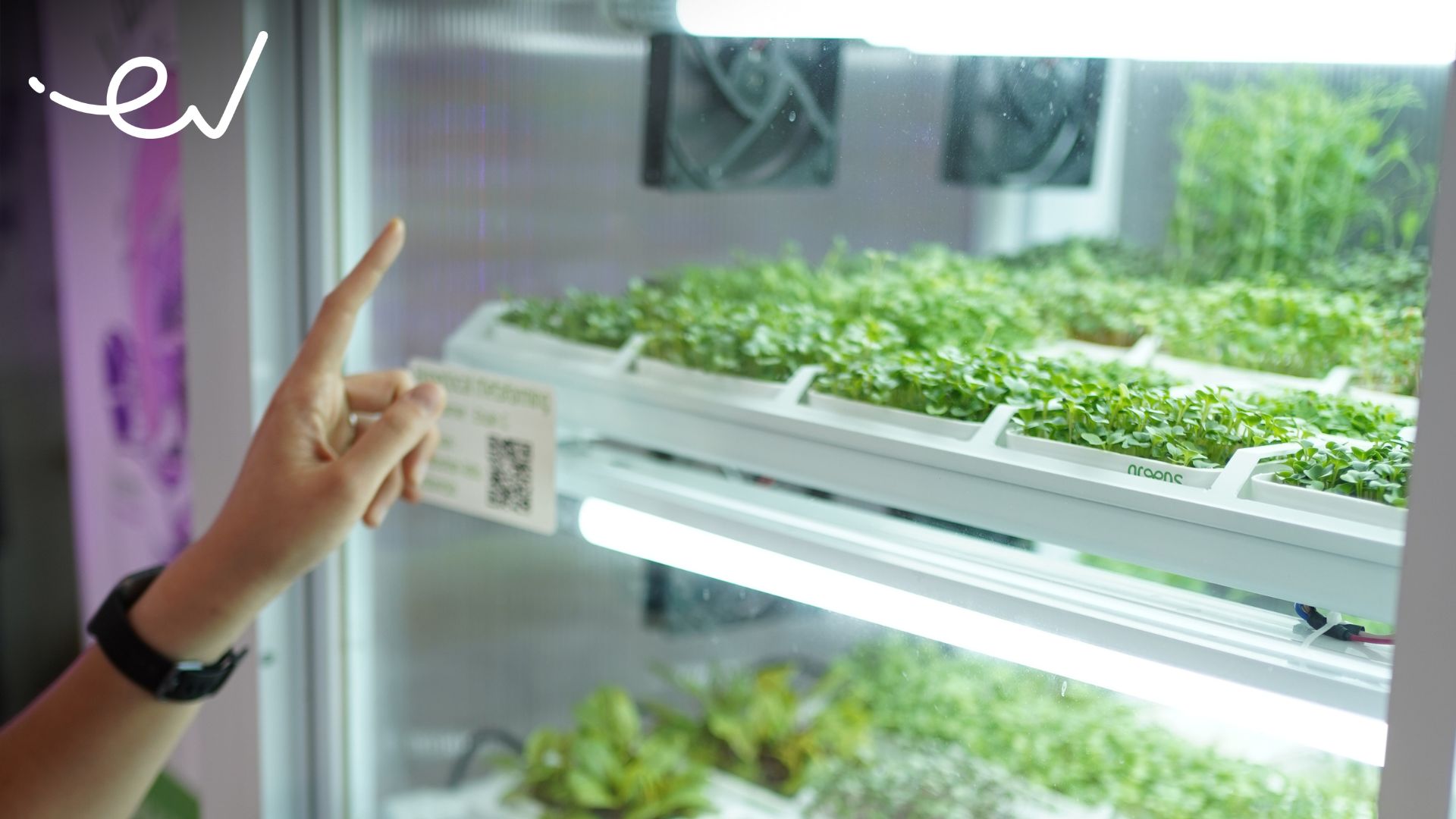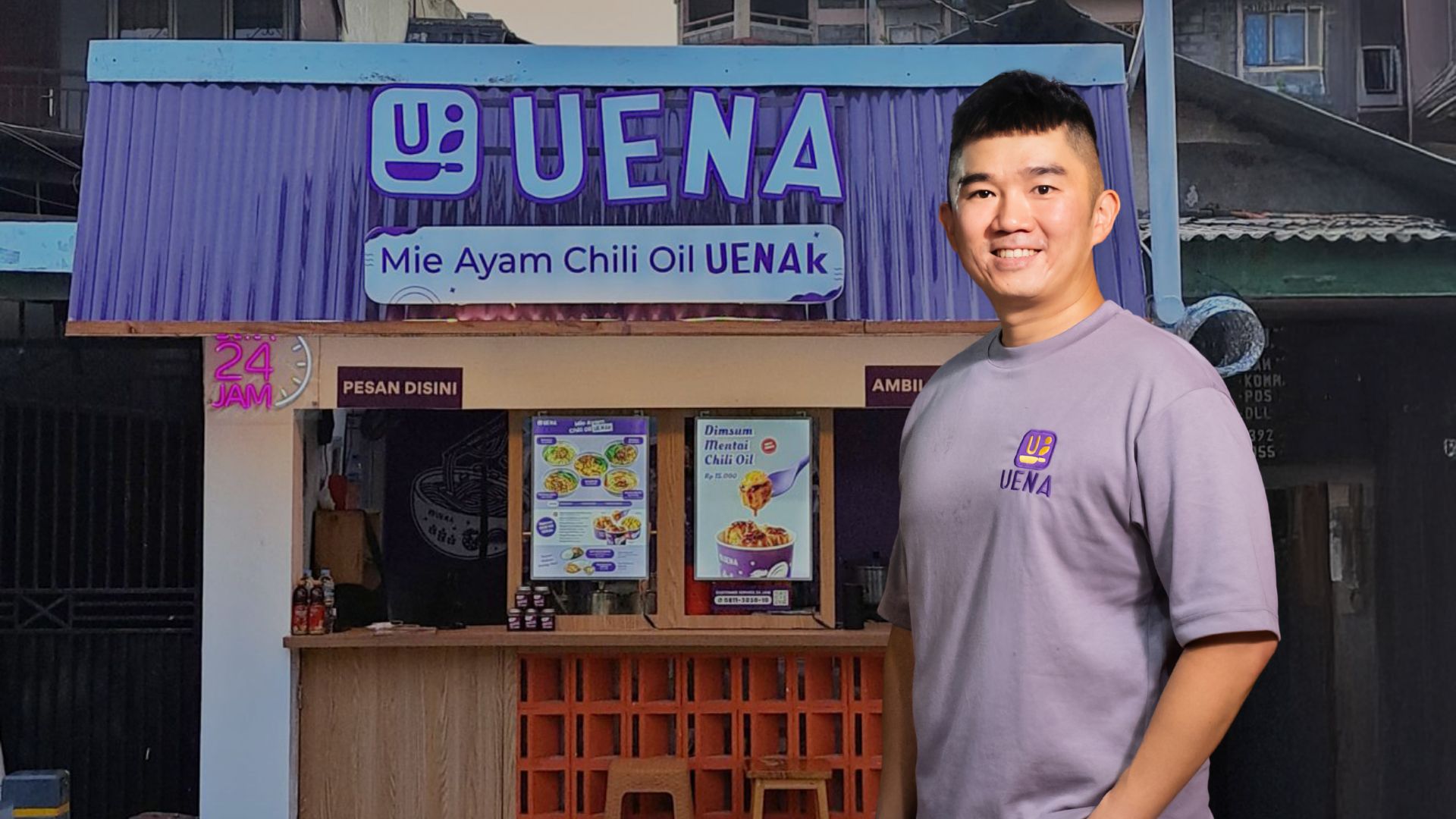The world is facing a dire situation. By 2050, food demand is expected to double as the population is expected to reach an unprecedented 9.7 billion. If we do not change our global agriculture system, the world might run out of food in just 27 years, according to The World Count.
This is one part of the frightening reality that we must confront. The world is facing many challenges, including climate change, which is causing decreased farming output and rising hunger worldwide.
Southeast Asia is facing an even more alarming situation. According to the 2021 Asian Development Bank (ADB) research report, the region has suffered US$21 billion in crop and livestock production losses from 2008 to 2018 due to climate-related disasters. The people of Southeast Asia are already struggling to satisfy food demand, and climate change is making it increasingly difficult for them to survive.
Immediate action on climate change is needed, and fortunately, solutions like GREENS exist. This Indonesian agritech startup is working towards sustainable agriculture and food demand by developing and planting highly nutritious vegetables without soil. Co-Founder Erwin Gunawan believes that a hyperlocal food ecosystem can promote sustainability in the agricultural sector.
The epic ground of Indonesia’s agriculture challenges
Indonesia is an agricultural country that relies on imports to meet our own food demand. Against this backdrop, three founders of GREENS, Erwin Gunawan, Geraldi Tjoa, and Andi Sie discovered numerous challenges that we face in recent years, including land degradation, agricultural labor crisis, and the impact of climate change.
1. Land degradation
Land is becoming increasingly scarce, with around 12 million hectares lost globally each year, leading to vulnerable soil and water shortage. Technology can create an enabling environment to meet food demand and secure availability. One example is the GREENS pod, which offers a solution applicable to the future farming system. This technology enables agriculture practices from farming to harvesting in various locations such as basements, malls, and even moving farmland.
2. Agricultural labor crisis
The younger generation, despite receiving agricultural education, does not view it as a viable career option and instead chooses other fields. To engage the younger generation in solving food demand, there is a need to revolutionize farming jobs and working styles. GREENS is attempting to attract the younger generation by presenting a different image of the agricultural industry, portraying a future farmer working in a lab and becoming a botanical expert.
3. The effect of climate change
Climate change is a significant threat to food availability. Increased precipitation due to climate change, up to 3.6% in 2020, has led to higher temperatures and humidity in Southeast Asia, resulting in substantial soil moisture and water shortage. This may lead to a decrease in grain yields and paddy production by up to 10%. Erwin stresses the difficulty of meeting food demand and maintaining food resilience if we continue to rely on climate conditions.
Harnessing technology for future agriculture
To address the challenges of meeting food demand, the founders of GREENS combined various technologies to minimize waste, optimize supply chains, and regulate crop yields. GREENS employs Artificial Intelligence (AI), blockchain, and the Internet of Things (IoT) to cultivate highly nutritious vegetables under the supervision of botanical experts, resulting in 39 times more nutrients than usual.
Through their environmental control technology, GREENS Pod, algorithms can automatically adjust temperature, water, light, humidity, and CO2 levels regardless of climate conditions, ensuring sustainability, cleanliness, and nutritional quality. With this technology, yields can be achieved within a shorter harvest period, such as 4.5 months of strawberry fruiting with a 99.9% success rate, compared to the typical 12 months.
GREENS has developed 25 microGREENS algorithms, including edible flowers, berries, and various vegetables. The pod aims to produce tubers in the future, primarily providing rice to improve food stability.
Erwin further stated that GREENS welcomed collaboration with other parties, such as ISMAYA Group and some hospitals, to provide highly nutritious food and expand their business into new markets. Furthermore, GREENS is working with WIR Group to launch edible NFTs inside the metaverse soon.
Building food resilience in Indonesia
Agriculture is susceptible to weather and climate, making it the most vulnerable sector to get affected by climate change. Therefore, we need a top-notch solution to tackle the environmental challenges by controlling them. Tech innovators play an important role for the future cash crops to build a new agriculture ecosystem that can meet food demand, assuring food security.
“We should take all hands on deck to move us toward a more hopeful climate future. Embracing the existence of technology is the only way to build resilience on our farms and in our food supply as we face the challenges ahead,” Erwin said.
What factors must be addressed when starting an agriculture startup?
Be patient and persistent. Modern agriculture is constantly evolving to fulfill the growing needs of the world’s population. It faces challenges yet presents a huge opportunity ahead. While growing food demand, tech innovators must race with various practices such as planting, watering, harvesting, and others. In addition, it also needs collaboration between researchers, farmers, technologists, and stakeholders.
Addressing this issue, East Ventures and Temasek Foundation offer a unique opportunity for climate innovators out there to join the Climate Impact Innovations Challenge. Entrepreneurs can present their innovative and creative ideas to help tackle issues such as Renewable energy, Food & Agriculture, Mobility, and Ocean.
Learn more about the Climate Impact Innovations Challenge here.







